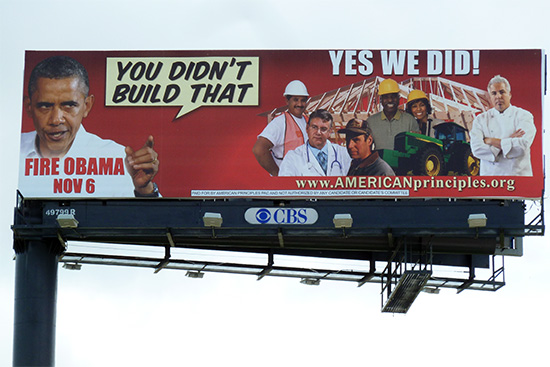Musicmystery
Posts: 30259
Joined: 3/14/2005
Status: offline

|
Before those companies were the companies who actually developed the technology used by the early computer pioneers.
And they grew through customers letting them grow into companies with large R&D.
Business, at its core, is about solving problems. Someone sees a problem, has a viable solution, and offers it to consumers. (Granted, or marketing convinces consumers there's a problem with a solution, but lets keep this basic).
In short, there's a better, faster, cheaper, something way to address a problem. Without consumers having that problem, there's no business opportunity.
Henry Ford saw the benefits of a horseless carriage. Henry Ford's first attempt at a car company under his own name was the Henry Ford Company on November 3, 1901, which became the Cadillac Motor Company on August 22, 1902, after Ford left with the rights to his name. The Ford Motor Company was launched in a converted factory in 1903 with $28,000 in cash from twelve investors, most notably John and Horace Dodge (who would later found their own car company). During its early years, the company produced just a few cars a day at its factory on Mack Avenue in Detroit, Michigan. Groups of two or three men worked on each car, assembling it from parts made mostly by supplier companies contracting for Ford.
Then he saw another problem, and within a decade the company would lead the world in the expansion and refinement of the assembly line concept; and Ford soon brought much of the part production in-house in a vertical integration that seemed a better path for the era.
He also realized that, despite conservative business practice lately, he would benefit greatly if he treated his workers well--so that they could buy his cars. Ford was a pioneer of "welfare capitalism", designed to improve the lot of his workers and especially to reduce the heavy turnover that had many departments hiring 300 men per year to fill 100 slots.
Ford astonished the world in 1914 by offering a $5 per day wage, which more than doubled the rate of most of his workers. The move proved extremely profitable; instead of constant turnover of employees, the best mechanics in Detroit flocked to Ford, bringing their human capital and expertise, raising productivity, and lowering training costs. He also set a new, reduced workweek -- first 6 8-hour days, then 5 8-hour days--the first 40 hour work week. Then he started the $6/day wage. Profit-sharing was offered to employees who had worked at the company for six months or more.
And -- with lower turnover and lowered production costs, people could afford his cars, including the men who built them.
Because Ford understood that consumers drive markets. Supply, despite Says Law (which is 250 years old, and speaks to an agricultural society), does not magically create demand--or there would never be overstock. Meeting demand, however, equals business -- and that takes consumers.
Yes, and business owners with the vision and passion to solve the problem. But those businesses are consumer-driven...or they aren't businesses long.
(Ford data and language borrowed from Wikipedia)
|


 Profile
Profile







 New Messages
New Messages No New Messages
No New Messages Hot Topic w/ New Messages
Hot Topic w/ New Messages Hot Topic w/o New Messages
Hot Topic w/o New Messages Locked w/ New Messages
Locked w/ New Messages Locked w/o New Messages
Locked w/o New Messages Post New Thread
Post New Thread